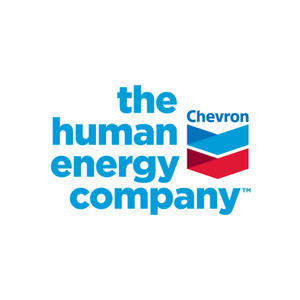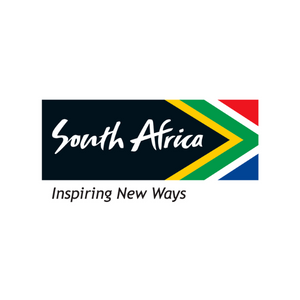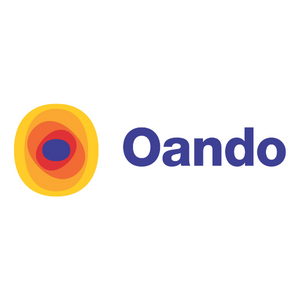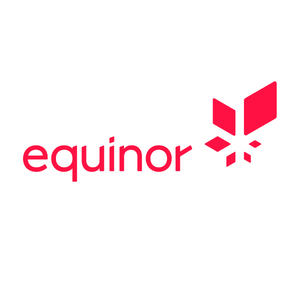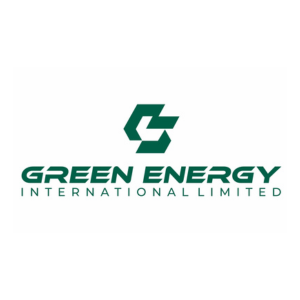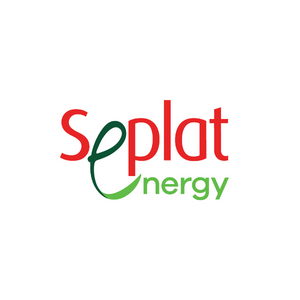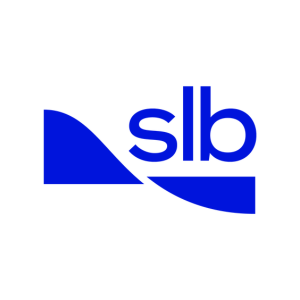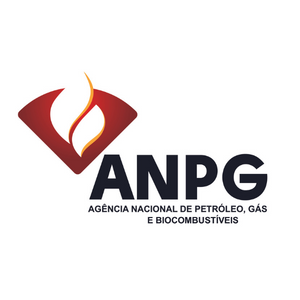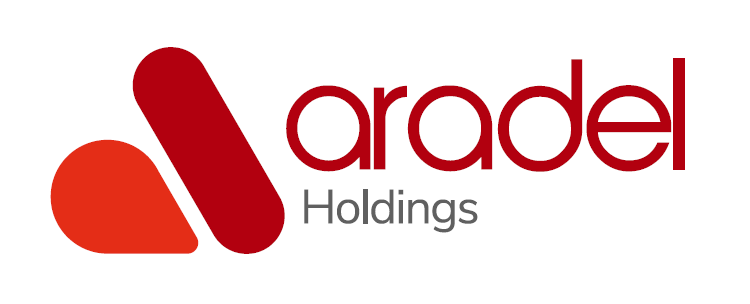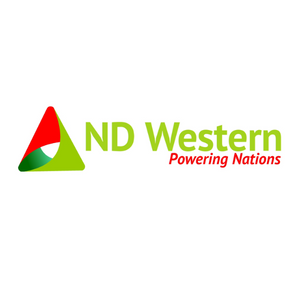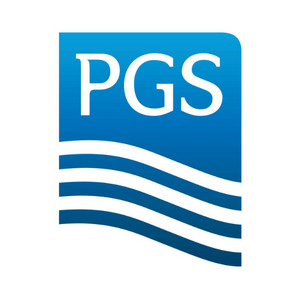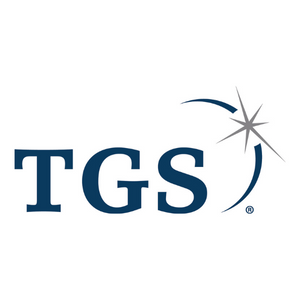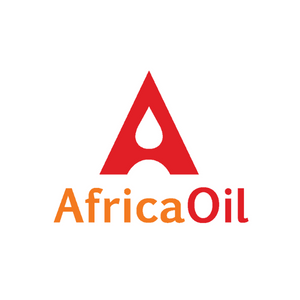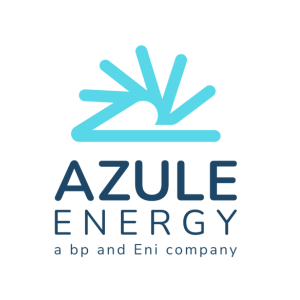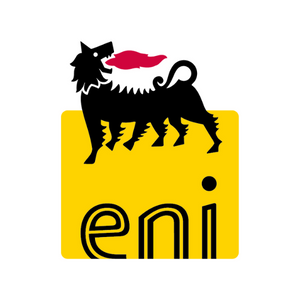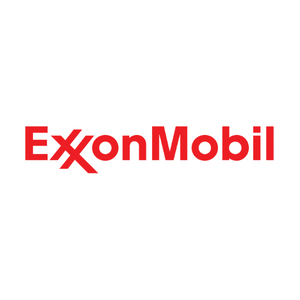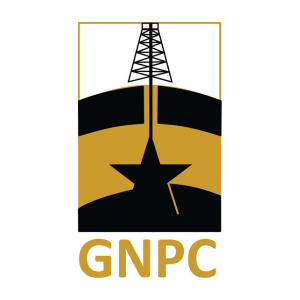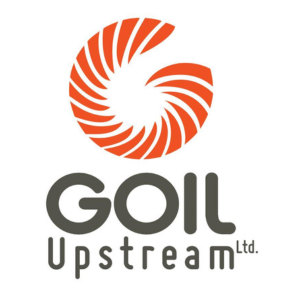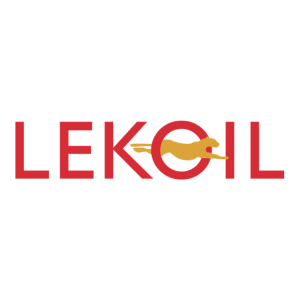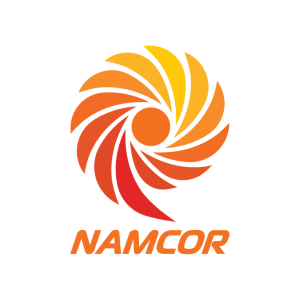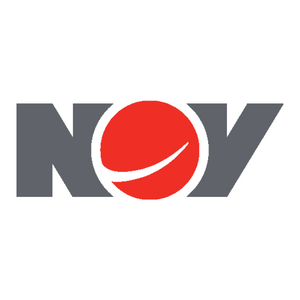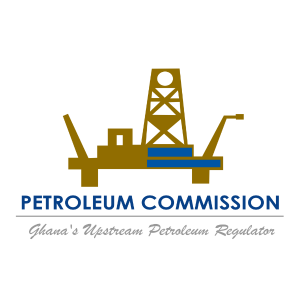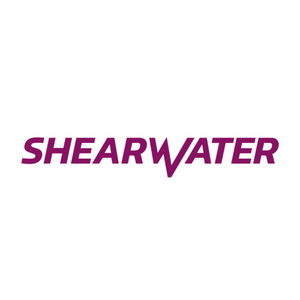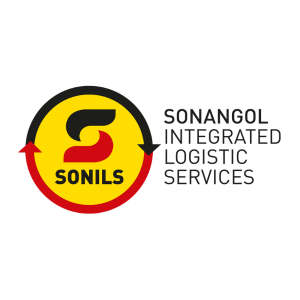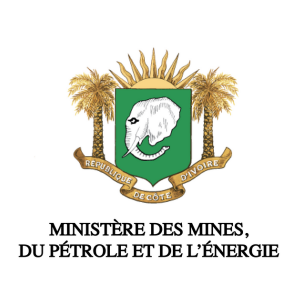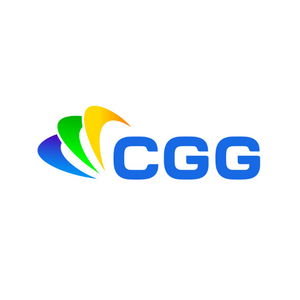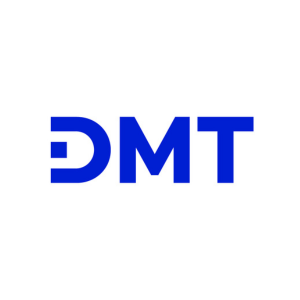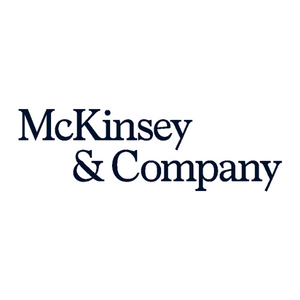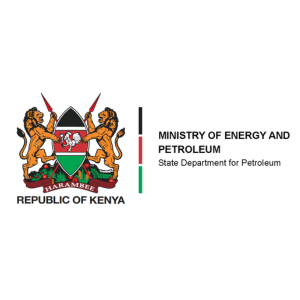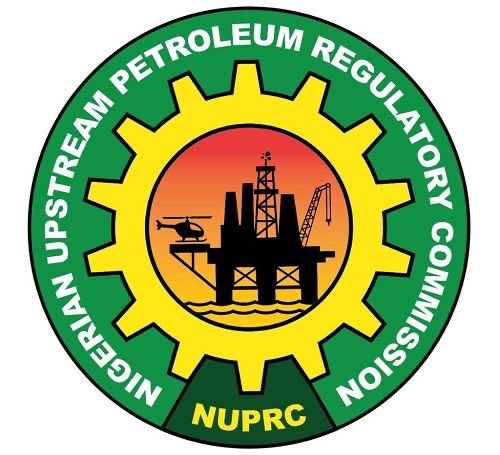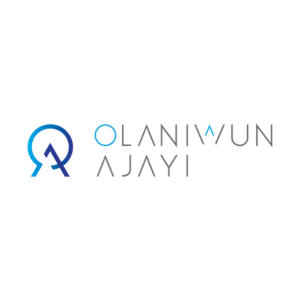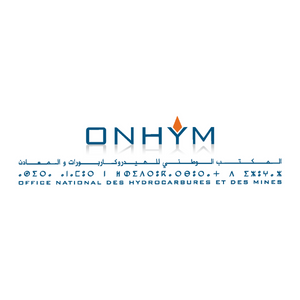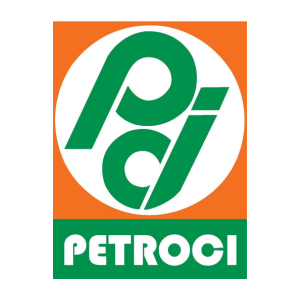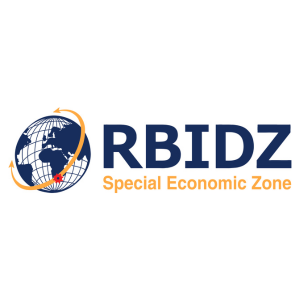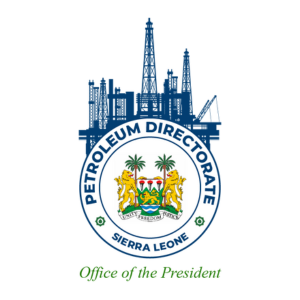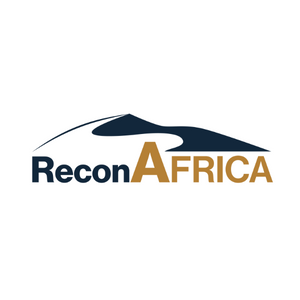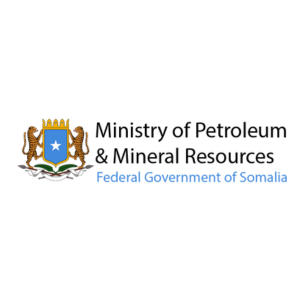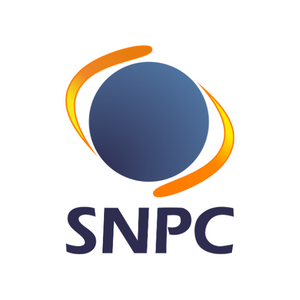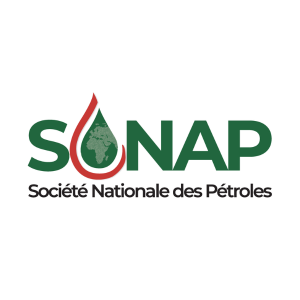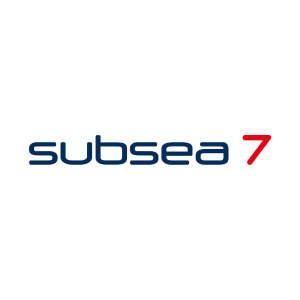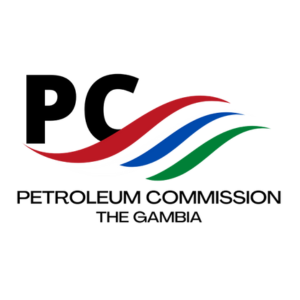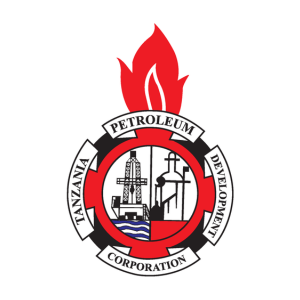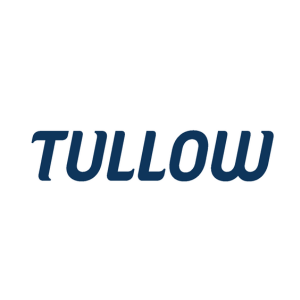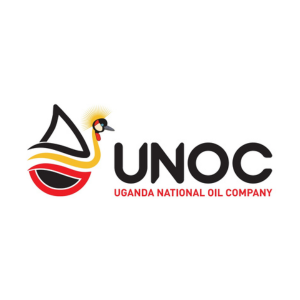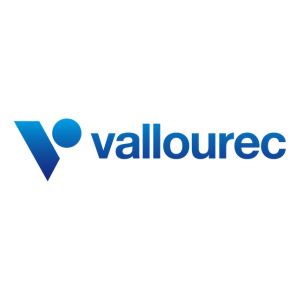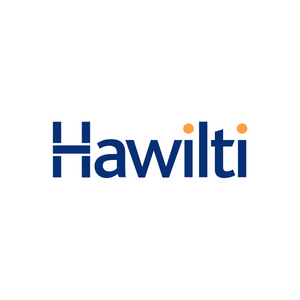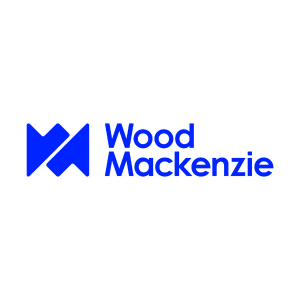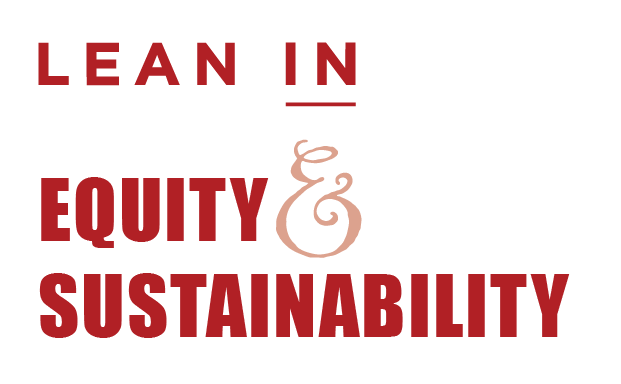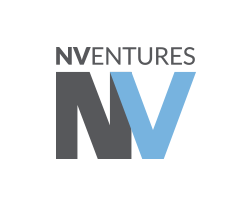We’ve put together a run through of the significant licensing rounds occurring continent-wide in 2017, plus a few to look forward to in the future.
Africa is perhaps the last frontier waiting for oil and gas exploration - and 2017’s latest spate of licensing rounds and exploration deals certainly backs this up.
From the mouth of the Nile down to the Cape of Good Hope, it seems all nations sitting on top of both on and offshore hydrocarbon deposits are inviting multinationals and domestic players in to explore acreages.
According to the BP’s 2017 Review of Statistical Energy, Africa has enough oil reserves to allow for 44 years of continuous production. With gas, nearly 70 years of constant output is possible. Now, the continental emphasis is on further exploration – particularly in nations that have yet to begin production.
Africa Oil Week 2017, held between 23-27 October in Cape Town, South Africa, will be lifting the lid on continental E&P activity. Make sure you’re in attendance to get in-depth market knowledge on the continent’s top plays from major African and international players.
To whet your appetite for the conference’s five content rich days of insider industry knowledge, we’ve put together a run through of the significant licensing rounds occurring continent-wide in 2017, plus a few to look forward to in the future.
Africa licensing rounds in 2017 and beyond
South Africa
Shale gas is the hot topic in South Africa’s energy sector right now. Despite environmentalist blowback, South Africa’s government is determined to push forward with developing its offshore shale sites – and may launch its first shale licensing round as early as September 2017.
As of May 2017, five license applications were under review, focussed on the semi-arid Karoo basin. A 2013 study by the United States Energy Information Administration (EIA) revealed Karoo, which covers three quarters of South Africa’s offshore gas territory, holds as much as 11 trillion cubic metres of gas. That makes South Africa the eight largest holder of shale reserves in the world.
Shell, Falcon Oil and Gas and Bundu Gas & Oil are amongst the five firms whose explorations are under review.
Africa Oil Week 2017 welcomes several major guests from South Africa’s hydrocarbons sector, including Her Excellency Mmamoloko Kubayi, Minister of Department of Energy, South Africa, representatives from SOGDA, and Petroleum Agency South Africa. Head to the event to share in these expert’s knowledge on South Africa’s gas extraction plans, and the sector’s many opportunities.
Somalia
One of the biggest scoops at Africa Oil Week 2016 was the announcement that Somalia would be holding its first offshore licensing round in 2017. In readiness for bids, the Somalian government has bolstered the country’s legal and regulatory framework. The Petroleum Law has been amended, with assistance from the World Bank, while a new PSA model has been developed too.
Shallow water block concessions, signed by Shell and ExxonMobil in 1988, will be excluded from Somalia’s first bid round, according to the Permanent Secretary at the Ministry of Petroleum and Mineral Resources. Spectrum has acquired approximately 40,000km of modern, high quality seismic data for bidders to peruse – although so far only Total has made any firm commitments to Somalian E&P activity.
Four delegates from the Ministry of Petroleum and Mineral Resources of Somalia will be at this year’s Africa Oil Week event, including Deputy Minister Mohamud Abdulkadir Warsame and Director of Technical Department Abdulkadir Abiikar Hussein. To get the latest on Somalian exploration plays, then Cape Town is the place to be in this October.
Egypt
Eni’s discovery of the colossal Zohr offshore gas field in the Red Sea has instigated a programme of legislative change in Egypt. In February 2017, the country began revamping streamlining bidding processes to appeal to global majors. Even before Zohr’s discovery, Egypt has signed 83 oil and gas exploration agreements since 2013.
More natural gas tenders will take place until at least 2018 - but it’s a different story for oil. Oil Minister Tarek El-Molla announced that a fresh crude discovery and exploration round is planned before the end of 2017. In its Red Sea territory Egypt has proven reserves of six billion barrels of crude, and 23 billion barrels of equivalent gas – hence why it inked an agreement with 5 companies, including US-based TGS and Schlumberger to undertake a $750 million seismic survey there in June 2017.
As well as His Excellency Tarek El-Molla, Africa Oil Week 2017 is hosting several Egyptian guest speakers in Cape Town, including Mostafa El Shazly of the Egyptian General Petroleum Corporation, where the link between Egypt’s E&P agreements and its Local Content Policy will be explored in depth.
Republic of Congo
His Excellency H.E. Jean-Marc Thystere-Tchicaya, Ministre des Hydrocarbures de la Republique du Congo, participant in Africa Oil Week 2017’s Ministerial Panel Discussions, has lots to talk about in Cape Town this year.
The Republic of Congo (RoC) Licensing Round was announced back in 2016, opening up eight offshore and five onshore blocks to international scrutiny. Of particular note was deepwater Block XXII; a block over 3,500 square kilometres in size and one that has yet to be drilled. The other blocks up for grabs include those in the onshore Cuvette Basin – essentially virgin territory as no drilling has taken place there since the 1980s.
Apart from Eni’s large finds in the nearby offshore Nene Marine and Litchendjili fields sparking interest in acreage near the RoC, there is more at play here. In October 2016, the RoC ratified its Hydrocarbons Code, which greatly encourages exploration activity. To that end, the new law introduces provisions conducive to private companies’ recovery of investment as well as more favourable fiscal and Customs regimes. The code expands the authority of the country’s national oil company, SNPC, over the upstream sector.
Nigeria
Africa’s biggest oil producer is gearing up for a very busy 2017. On the slate is a new licensing round for Nigeria’s marginal field – one coming as early as September, at least if Ibe Kachikwu, Nigerian Minister of State for Petroleum, can pass important legislature. This comes off the back of 17 licenses being renewed in February 2017 by the Nigerian government after expiration in 2015.
What’s available for potential bidders? As many as 40 on and offshore blocks, including some huge finds. Shell-operated Egbolom, in Oil Mining Lease (OML 23), is expected to be the big prize. However, this is located in the Niger Delta, amongst Nigeria’s most controversial oil producing regions, which might put off bidders. Discoveries from Agip are said to be on offer too – but this marginal fields round is only likely to succeed should Nigeria pass its updated Petroleum Industry Bill.
Remember Africa is big – exceptionally big – and so are its oil reserves. Exploration rights and licensing rounds are coming from seemingly all the nation’s hydrocarbon holders. Part 2 of our African licensing roundup is coming too – so stay tuned for more info.
Alternatively, be at Africa Oil Week to catch Nigeria’s biggest players, such as Mordecai Ladan, Director of Petroleum Resources, live in Cape Town.

